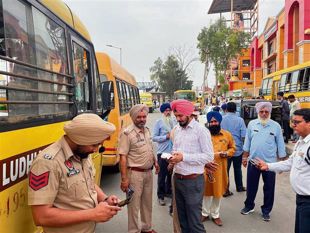
Insurgency has gone down considerably in all states in the North-East since the peak of two decades ago; in some it is down to zero. While this would be a personally felt experience for residents of those states, news of the Armed Forces Special Powers Act (AFSPA) being withdrawn completely from Meghalaya and some areas of Arunachal Pradesh on Monday gave a fresh reminder of the often neglected states to the rest of the country. However, it may be remembered sombrely that the harsh law that protects security forces from legal action against actions performed in the course of duty continues to be in force in most of Nagaland, Assam and Manipur.
The Act was withdrawn from all of Tripura in 2015, where, according to most accounts, insurgency has been wiped out entirely. But that is a situation that has been reached, and now maintained, after a period of the state police carrying out whatever anti-militancy operations were required. That should be an example for many other disturbed areas in the country. As the police comprise local constabulary, and are answerable to an elected state government, their actions are liable to be more restrained as well as nuanced, using local intelligence. What is a fact, and must readily be acknowledged by all stakeholders, is that there have been excesses by security forces that have gone unaddressed because of the cover provided by AFSPA in various states.
A point was made in a conference of the Army brass in J&K last week that priority must be accorded to ushering in peace by conducting counter-terrorist operations in a manner that minimises collateral damage. This is perhaps a healthy recognition of the fact that the tough approach adopted in 2016 has led to active manifestation of the alienation of the civilian population in the state. AFSPA in the state is particularly resented for the freedom it accords to the security forces. The law at best is useful in the short run to handle an intense disturbance. Beyond a point, it is likely to turn counter-productive. The sagacity of a government lies in identifying that point.



























